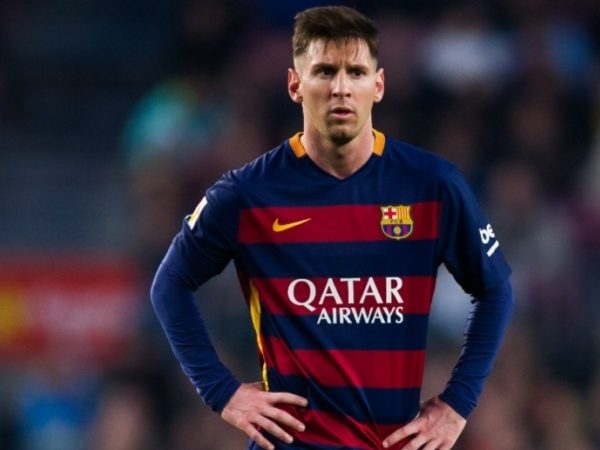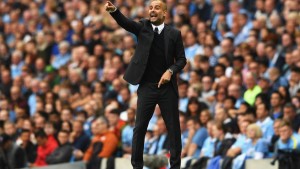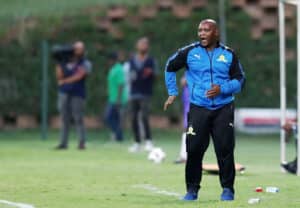Lionel Messi’s magnificent return to top form this season has been both a blessing and a curse for Barcelona and Argentina, writes HENRY FAGAN.
Having once looked a phenomenon of the past, if anything, the re-emergence of Messidependencia has soared to new heights in recent months.
When Messi has been on song, he has almost singlehandedly dragged his underperforming sides to victory. But the flip side of such reliance has meant that in his absence, or on his rare off nights, both the 29-year-old’s club and crounty have toiled.
Having stalled to a succession of draws in Messi’s absence, a collectively poor showing against Brazil saw Argentina suffer a heavy defeat in the Superclasico. With Messi at his best against Colombia, however, Argentina came to life. La Albiceleste subsequently dismantled the opposition 3-0, with Messi netting a free kick and assisting both the goals that followed.
Barcelona’s recent comeback against Sevilla was a similar show of dependence. Besieged and outplayed in a dynamic first half, Messi sparked a dazzling Barca revival in the second period, scoring a fine goal before laying on the winner for Luis Suarez.
The performance took Messi to a tally of seven assist and 14 goals from just 12 appearances this season; a remarkable record. It is no coincidence then that in the four matches his club have dropped points; Messi has either failed to play the full 90 minutes or has been absent altogether.
The true source of Messidependencia, however, derives from the superstar’s singular ability to carry the burden of creative responsibility for his sides; an ability which serves to disguise the collective shortcomings of his teammates and their playing system.
With Argentina the weakness is clear; the side are a top-heavy juggernaut with a relatively weak midfield and have been for some time. Devoid of creative central midfielders, Argentina has had to make do with brawny defensive-minded options in their stead. This has caused them to rely desperately on Messi for both invention and control, particularly when Angel Di Maria has failed to shine.
At Barcelona, the problem is more systematic. Frequently fraught with the need to break down packed defences of nine or more players, the Blaugrana have been stifled. With Andres Iniesta struggling physically and Sergio Busquets failing to produce his best this season, the creativity of the midfield has been subdued, leading to a reliance on Messi.
Without the Argentine, incisive interplay on the edge of the box is suddenly transformed into a meandering bluntness. There are fewer runs in the box. Suarez is suddenly been asked to make do with half-chances, rather than being laid goals on a platter, while Neymar has looked isolated out wide. Fill-in striker Paco Alcacer, meanwhile, has failed to deliver, while young midfielders Rafinha and Denis Suarez are not of the creative mould.
The problem here is Barcelona’s style – or rather their players’ failure to fulfil the philosophy’s demands. Without Busquets’ tempo-setting fluency and Iniesta’s knack for exploiting gaps, Barcelona has had no one to turn in Messi’s absence. Until the midfield steps up, Messidependencia is a problem that looks certain to persist.
Until the midfield steps up, Messidependencia is a problem that looks certain to persist.





